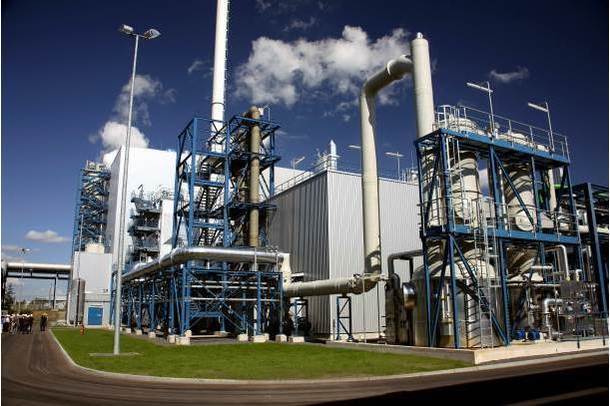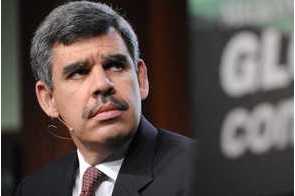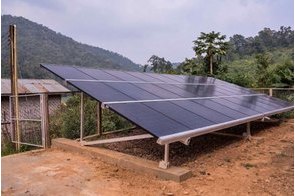Friends of the Earth urges Japan to end fossil fuel financing

Summary
Japan is financing liquefied natural gas projects in different parts of the world.
The Japanese government has been urged to commit to ending all fossil fuel financing by 2017. Friends of the Earth (FoE), an international network of environmental organisations, stated this in a letter to the Japanese government on Thursday ahead of the G7 summit taking place on May 26-27 in Tokyo.
According to the statement by FoE, Japan is financing liquefied natural gas projects in different parts of the world, including the United States and Indonesia. Japan also provided over $20 billion in coal financing abroad between 2007 and 2014, making it the world’s number one financier of overseas coal.
Earlier in March and April, activists protested against what they called the financing of dirty energy projects like the Batang coal-fired power plant in Central Java, Indonesia, which has been plagued by human rights abuses. FoE said such protests will continue this month to call out Japan’s plans to build 49 new coal plants domestically and finance many others abroad.
The group cited a recent climate science research which found that if no new fossil fuel power plant is built after 2017, there would be a 50 percent chance of avoiding the worst impacts of climate change.
"It's undeniable that the momentum toward a 100 percent clean energy economy has continued to accelerate in the months since the Paris Agreement was adopted, and 175 nations, including Japan, joining together on Earth Day 2016 to sign the agreement reaffirms that the world is ready to tackle the climate crisis," said Maura Cowley, Associate Director of the Sierra Club's International Climate and Energy campaign. "There's no excuse for Japan or any other developed country to continue to push for the world's dirtiest energy source when cheaper, safer, and more modern energy sources – like wind and solar – are literally all around us."
Japan is rich in clean, renewable resources. The environmental activist group urged Japan to take advantage of its wealth of renewable resources to encourage the rest of the world to transition to renewables. Yuki Tanabe, a programme coordinator at Japan Centre for a Sustainable Environment and Society (JACSES), said as a chair of the G7 Summit, Prime Minister Abe should take a strong leadership role in the transition to renewables.
Related
-
SEFA receives award for rural energy supply project in Tanzania
The "Power Transaction of the Year" award commends sustainable investment in a power project or initiative, recognizing ...
-
Oil’s new normal
It is hard to see the global oil market’s current configuration of supply and demand rapidly changing any time soon.
-
Investors group advocates result-based financing for mini-grids in Africa
Achieving universal electrification in Africa today will require less subsidy than at any time previously because of the ...








